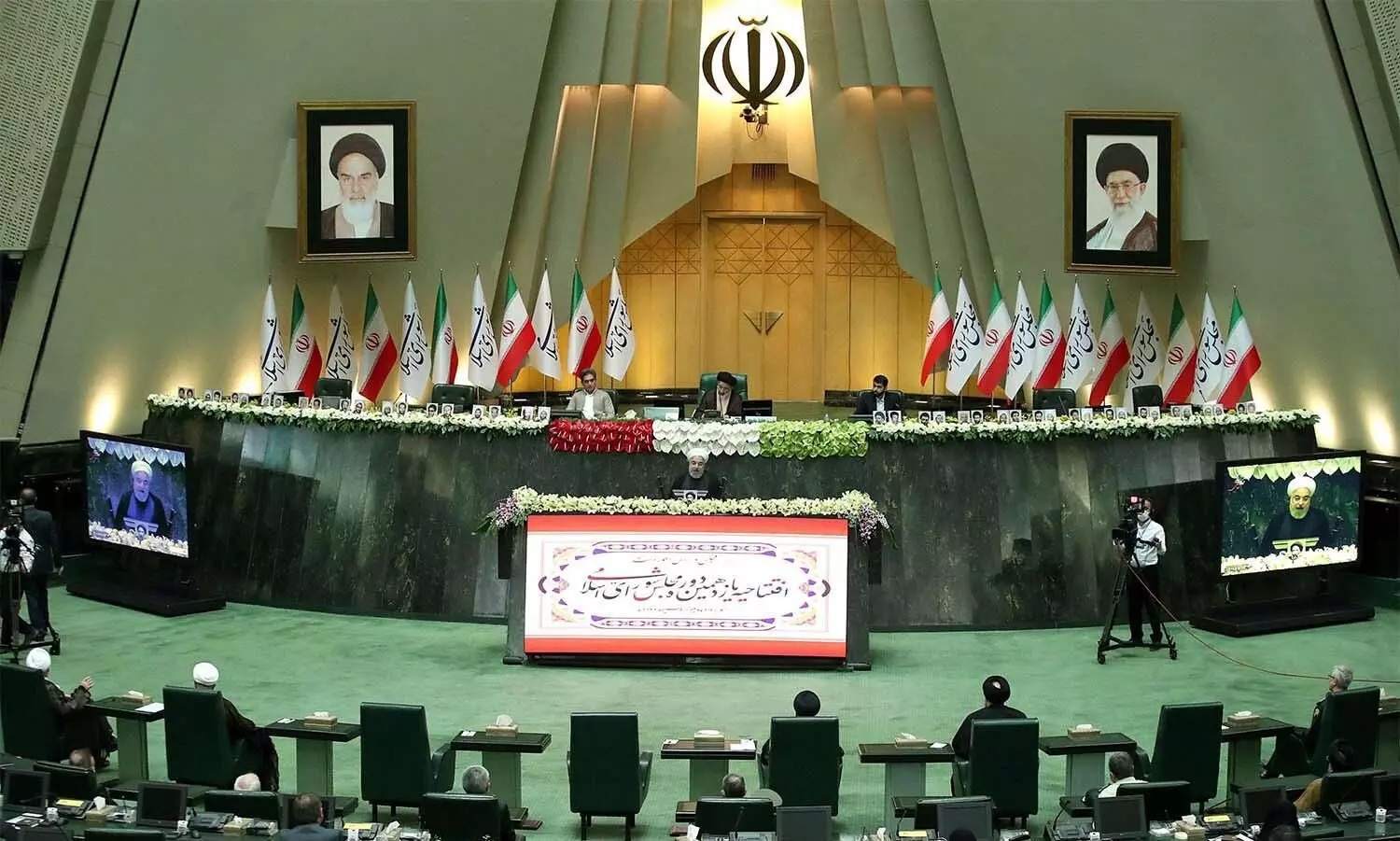Iran’s parliament has given its stamp of approval to a new “hijab and chastity” bill, ushering in a wave of stringent penalties for individuals, particularly women, who defy the country’s long-standing mandatory dress code. The legislation, approved on a trial basis for a duration of three years, witnessed a parliamentary vote with 152 lawmakers in favor, 34 against, and seven abstaining. However, its final implementation awaits approval from the influential Guardian Council, comprised of clerics and legal experts.
Landmark Legislation on Dress Code Punishments Passes in Iranian Parliament
The culmination of months of deliberation, this legislation did not undergo a direct parliamentary vote but was sanctioned last month by a special committee of ten lawmakers. Leveraging a constitutional article allowing committees to approve “experimental” legislation, the parliament’s recent vote solely determined the bill’s duration.
Stricter Guidelines for Mandatory Dress Code Introduced for Women and Men
This comprehensive bill outlines revised guidelines for Iranians, placing special emphasis on women, to adhere to the country’s mandatory dress code—a tradition dating back to the aftermath of the 1979 revolution. For women, the legislation identifies unacceptable attire as “revealing or tight clothing, or clothing that shows parts of the body lower than the neck or above the ankles or above the forearms,” as reported in local media. Men are subject to similar standards, defined as attire that reveals body parts below the chest, above the ankles, or shoulders.
The bill introduces over 70 articles that define a range of financial penalties for hijab violations, which can escalate to prison terms if carried out systematically and in collaboration with “foreign governments, networks, media, groups, or organizations,” and those affiliated with them. Businesses and their owners also face repercussions, including hefty fines, travel bans, or imprisonment, should they be found propagating “nudity, lack of chastity, or poor covering” in any capacity.
Additionally, the bill imposes new responsibilities on various government, law enforcement, and military entities to ensure full compliance with mandatory hijab rules among their personnel, as well as to prevent and identify instances of violation.
UN Experts Condemn Bill as a Form of Gender Apartheid; Protests Loom
Just days after the first anniversary of the tragic death of Mahsa Amini, a 22-year-old woman from the northwestern province of Kurdistan who died in police custody, this bill comes into effect. Mahsa’s arrest by morality police for alleged noncompliance with the mandatory dress code ignited nationwide protests that persisted for months and resulted in numerous casualties.
In a scathing condemnation, a group of United Nations experts characterized the hijab bill as a “form of gender apartheid” that imposes severe punishments on women and girls, with potential for violent enforcement. They argued that the bill infringes on fundamental rights, including gender discrimination, freedom of expression, peaceful protest, access to social services, education, and health, as well as freedom of movement.
The bill’s passage coincides with the resurgence of morality police vans, which officially returned to the streets last month. In response to a surge in women discarding their hijabs both online and in public, authorities have taken various measures, including employing smart cameras, issuing fines to vehicle owners, pursuing legal action against celebrities, and shutting down businesses catering to those considered to be violating the mandatory dress code.
As the bill’s fate rests with the Guardian Council and outrage continues to brew both domestically and internationally, the enforcement of these stricter dress code regulations remains a contentious issue, raising concerns about human rights and gender equality in Iran.















